- Tips and Tricks for Fixing Common Issues

Introduction
Having a sewing/” title=”Stitching Stories: A Beginner's Guide to Sewing”>sewing machine at home comes with great convenience. However, like any other mechanical device, sewing machines can encounter problems that require repair. Instead of rushing to a repair shop, it’s essential to learn some basic troubleshooting skills. This article will provide you with valuable tips and tricks for fixing common sewing machine issues.
Thread Tension Problems
One of the most common issues sewers face is incorrect thread tension. If the stitches are too loose or too tight, it can affect the overall quality of your work. To fix this problem, start by rethreading the upper thread. Ensure the thread is properly placed between the tension discs and the thread guide. Adjust the tension dial gradually, and test-stitch on a spare fabric until you achieve the desired tension.
Bobbin Winding Troubles
Another frequently encountered problem is bobbin winding. If your bobbin is not winding evenly or is loose, it can cause thread jams while sewing. Begin by ensuring that the bobbin is inserted correctly and locked into place. Check the bobbin winding mechanism for any loose screws or visible damage. Additionally, make sure the bobbin thread is correctly threaded through the winding tension disk. If necessary, replace the bobbin and check the user manual for specific instructions regarding your machine’s bobbin winding mechanism.
Needle-Related Issues
Problems with the needle can lead to snapped threads, uneven stitches, or even damage to the machine. If you encounter these issues, start by replacing the needle with a new one that matches your fabric type and thickness. Make sure the needle is inserted correctly, with the flat side facing the back. Sewing machine needles should be frequently changed to ensure optimal performance and prevent unnecessary damage.
Cleaning and Oiling
Maintaining your sewing machine through regular cleaning and oiling is crucial for its longevity. Always consult the user manual for specific instructions, but generally, you should clean the machine after every project or as needed. Remove lint, dust, and loose threads from the bobbin case, feed dogs, and other accessible parts. Use a brush or compressed air for cleaning hard-to-reach areas.

To lubricate the machine, use sewing machine oil or appropriate lubricants as specified by the manufacturer. Apply a few drops to the designated oiling points, such as the bobbin mechanism, needle bar, and motor. Avoid using household oils, as they can damage the machine’s internal components.
Final Thoughts
Repairing sewing machines may seem intimidating at first, but with proper guidance and practice, you can easily fix common issues yourself. Remember to always consult your machine’s user manual for manufacturer-specific instructions and additional troubleshooting tips. By acquiring basic repair skills, you can save time and money while enjoying uninterrupted sewing experiences.
Happy sewing and may your repaired machine bring life back to your creative projects!
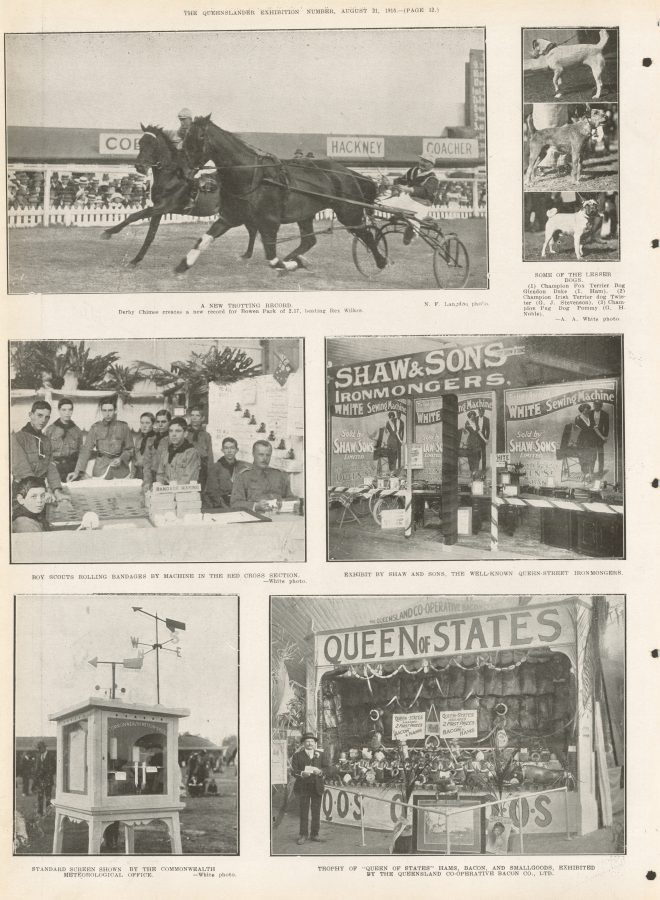
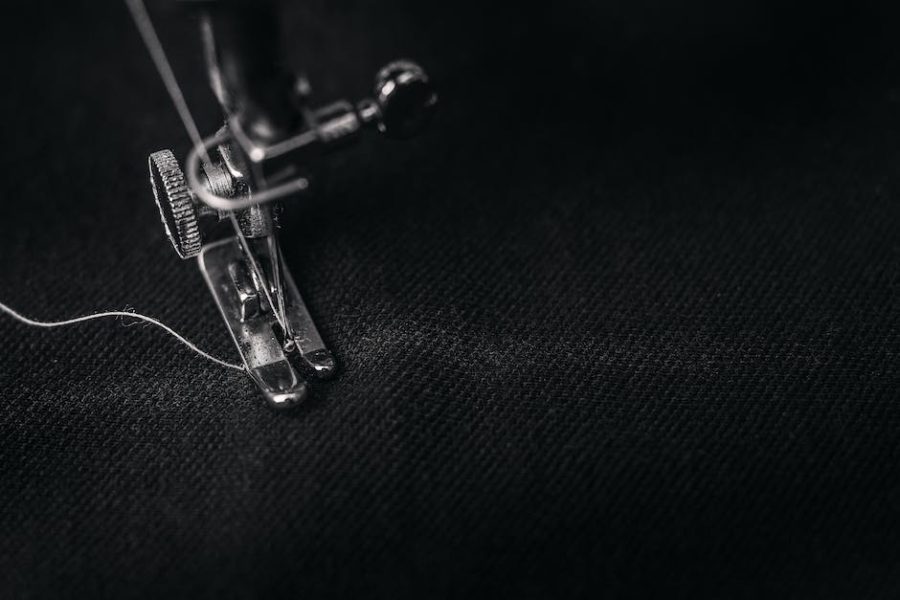
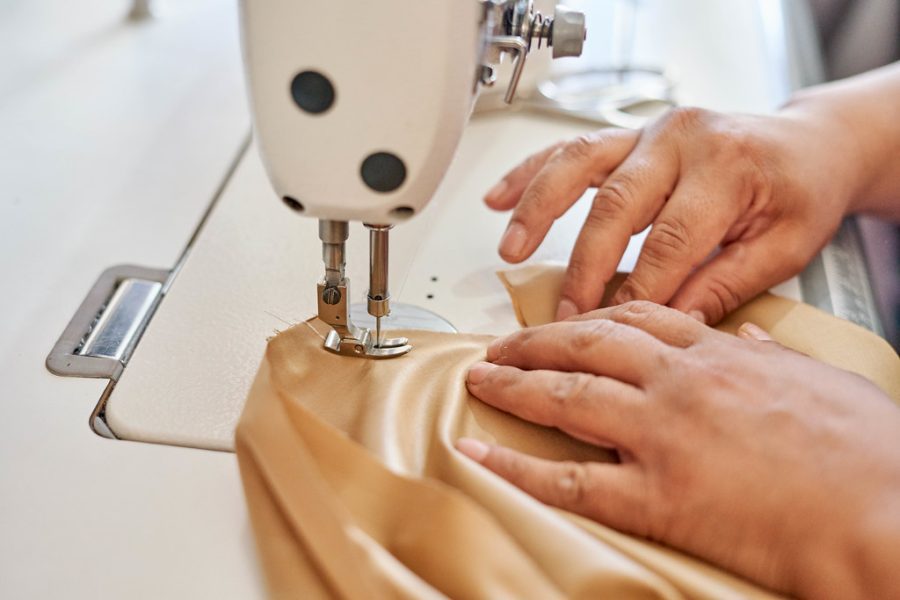
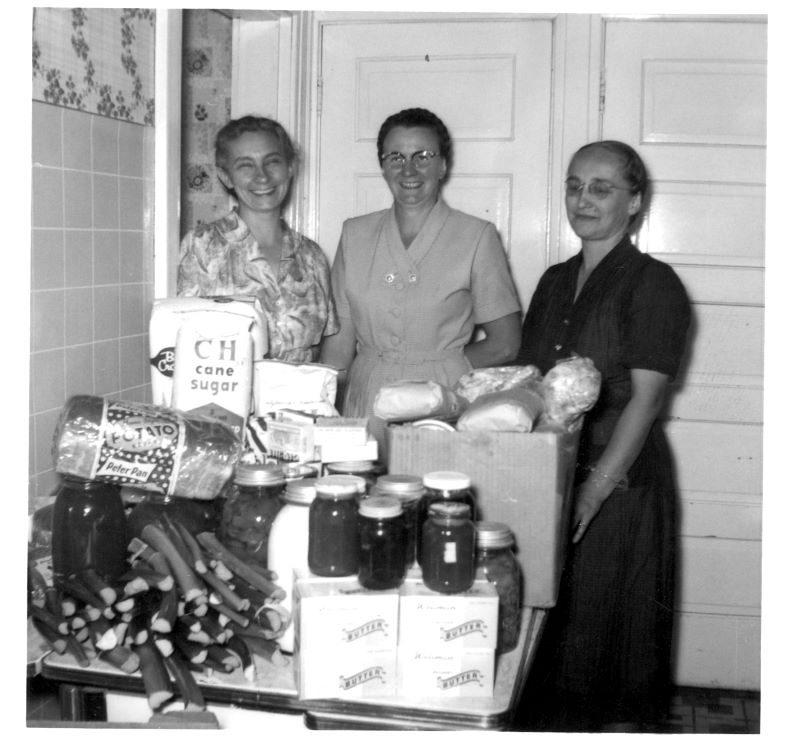
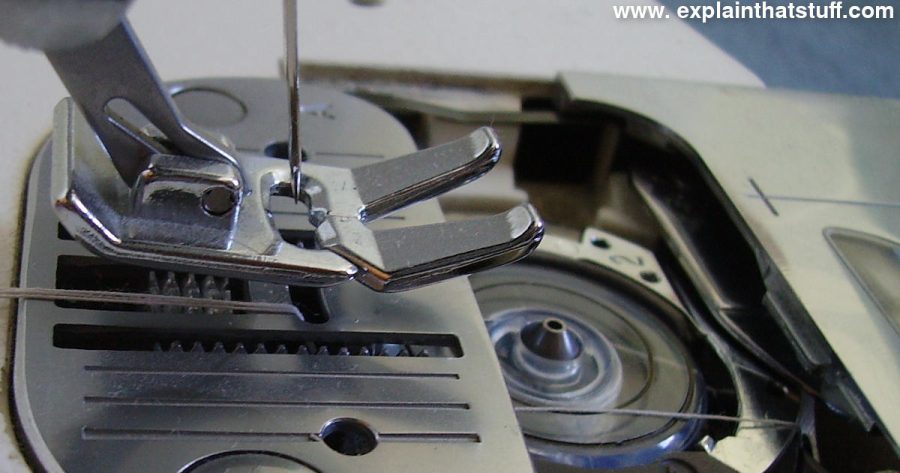
I took my sewing machine to this place and they did an amazing job!
John Smith: Great service!
@Alysia Gilman and @John Smith: Great to hear that you both had positive experiences! This is a fantastic resource for anyone looking for reliable sewing machine repair.
Definitely recommend – prices were fair and the work was done quickly!